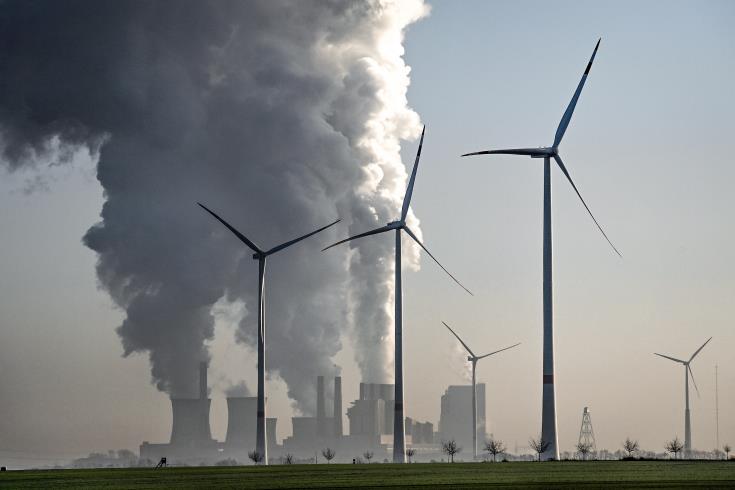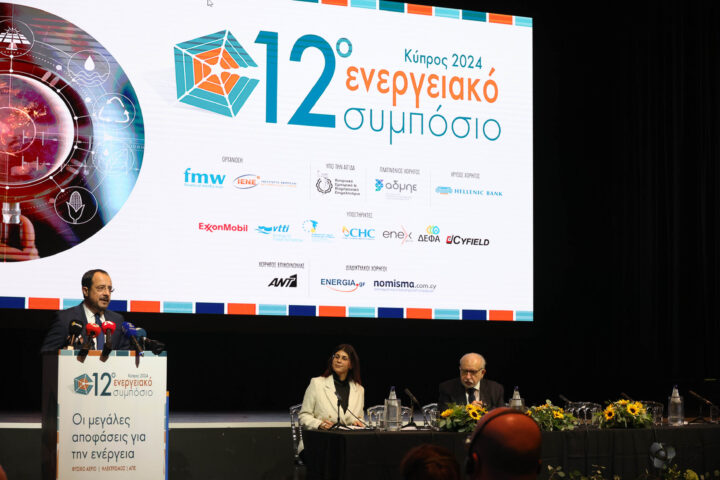Approximately €8 mln worth of cheap energy produced by Renewable Energy Sources will be rejected by the island’s grid by the end of the year, as it cannot handle the excess load, according to stakeholders.
According to data from the Association of Licensed Electrical Contractors of Cyprus, the grid has rejected energy worth €2 million in the first quarter of 2023 from the energy cuts of solar systems.
The news comes when households and businesses pay for increasing electricity bills powered by hiking fuel prices.
According to energy analysts, despite the small contribution of RES to energy production, Cyprus’ grid is overloaded when solar and wind parks reach their production capacity, resulting in the loss of thousands of MW.
In comments to the news site Stockwatch, the president of the Cyprus Association of Licensed Electrical Contractors, George Kyriakou, said a third (32.23%) of energy produced by solar systems in April was denied.
And the president of the Cyprus Hydrogen Association, Makis Ketonis, noted that in Q1, there were cuts of 10,000 megawatts of energy produced with hydrogen, while by the end of the year, they are estimated to reach 30-40 thousand MW.
In June, an Energy Ministry official confirmed that the grid rejects 20% of RES produced by solar parks and photovoltaic systems.
MPs were told by the end of 2023, the grid will have rejected some 30,000 to 40,000 MW.
“Without energy storage, the RES system cannot work”, Energy Minister George Papanastasiou has told Kathimerini Cyprus edition.
The figures were confirmed by the Cyprus Transmission System Operator (TSO), Vrahimis Koutsoloukas, who believes load shedding of energy produced from RES is to reach 36,700 MwH.
Last year, the total energy from RES that was rejected was 12,700-megawatt hours, almost a third of this year’s production.
Based on the TSO’s estimates, the production from RES in 2023 will reach 1,136 Gigawatt hours (GWh), with the penetration rate of RES amounting to 21.3%.
Cyprus’ efforts to transition to a carbon-neutral economy are dependent on RES projects, and as such, they are doomed to fail should the system continue to reject high voltages of renewable energy.
To reach its 2030 goals set by the EU, Cyprus must reduce its greenhouse gas emissions by at least 55% (compared to 1990) and achieve climate neutrality by 2050.










